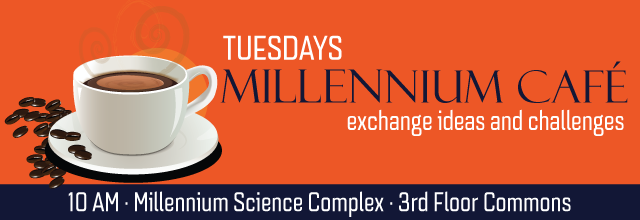
Under certain conditions, focused femtosecond laser pulses can permanently modify properties of transparent dielectric materials e.g. glass and crystals. By translating a substrate through this focal point, we can 'write' three-dimensional structures that can guide light in a well-controlled manner. I will briefly discuss how laser written waveguide networks can be used to probe novel physics and device concepts beyond conventional nonlinear optics and condensed matter physics.
